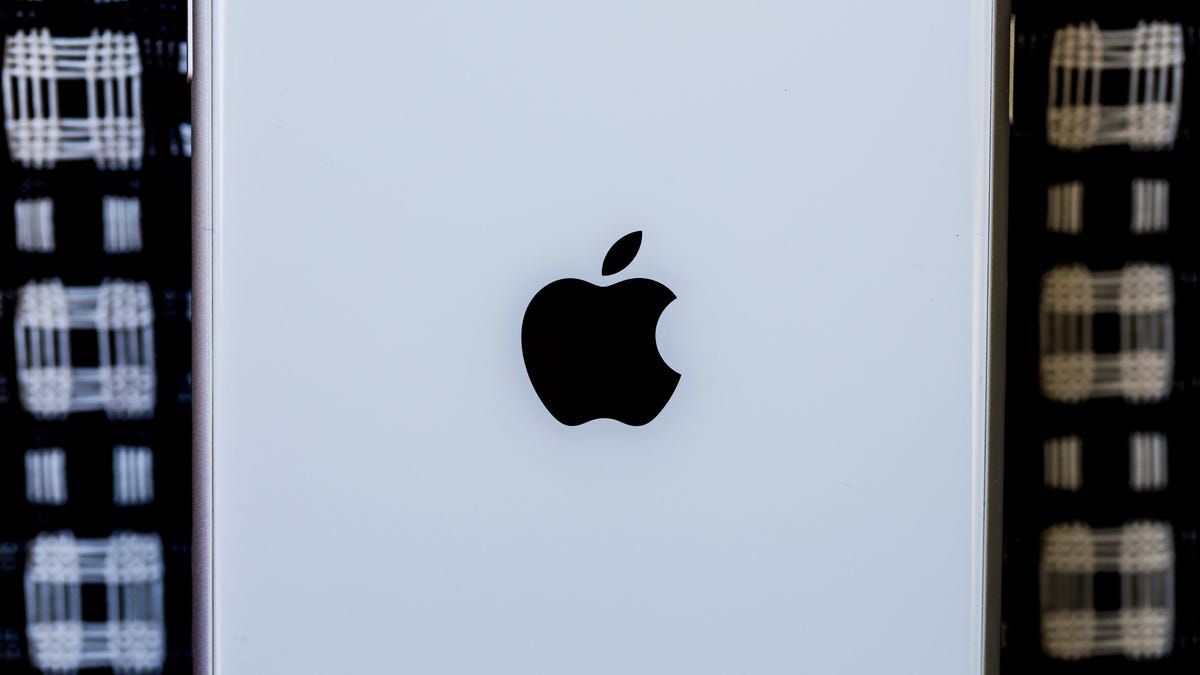'China's days as world's factory are done': iPhone assembler says Trump trade war hurts
Foxconn says Trump's trade war is pushing companies to expand supply chains to other hubs around the world.

Most of our iPhones are made in China.
Apple has several key marketing phrases that pretty much all techies know by heart, such as "Think different" and "There's an app for that." But its most ubiquitous one may soon start to change: "Designed by Apple in California. Assembled in China."
Young Liu, chairman of worldwide device assembler Hon Hai Precision Industry, which is also known as Foxconn , said his company plans to begin splitting its supply chains between China and the US. The reason, he said, is President Donald Trump's trade war with China.
"No matter if it's India, Southeast Asia or the Americas, there will be a manufacturing ecosystem in each," Liu told investors on a conference call reported by Bloomberg on Wednesday. He added that while China will still play a key role in his company's manufacturing efforts, the country's "days as the world's factory are done."
Apple is the most high profile of tech giants who use Foxconn to assemble its products. The iPhone maker didn't immediately respond to a request for comment.
The move marks a potentially seismic shift in tech manufacturing around the globe. Over the past couple of decades, tech companies have focused their supply chains and manufacturing hubs in and around China, relying on large workforces of engineers and cheap labor to pump out gadgets bought around the world. Foxconn manufacturing line workers were estimated to make as much as $400 a month in 2012, though no official data's been published.
Since Trump was inaugurated as president in 2017, though, he's used tariffs and other international trade tools to pressure countries such as China to change agreements with the US. Many Trump critics have said the president's moves are hurting American businesses and lead to rising prices on products. Apple in particular lobbied Trump to allow exemptions for its devices from tariffs before the administration reached a preliminary deal with China late last year.
Now, Foxconn says, tariffs will force it to likely expand manufacturing beyond China. The company later clarified that its comments aren't about any specific company, but with Apple as one of the largest device makers on earth, any trends are likely to affect iPhone manufacturing too.

